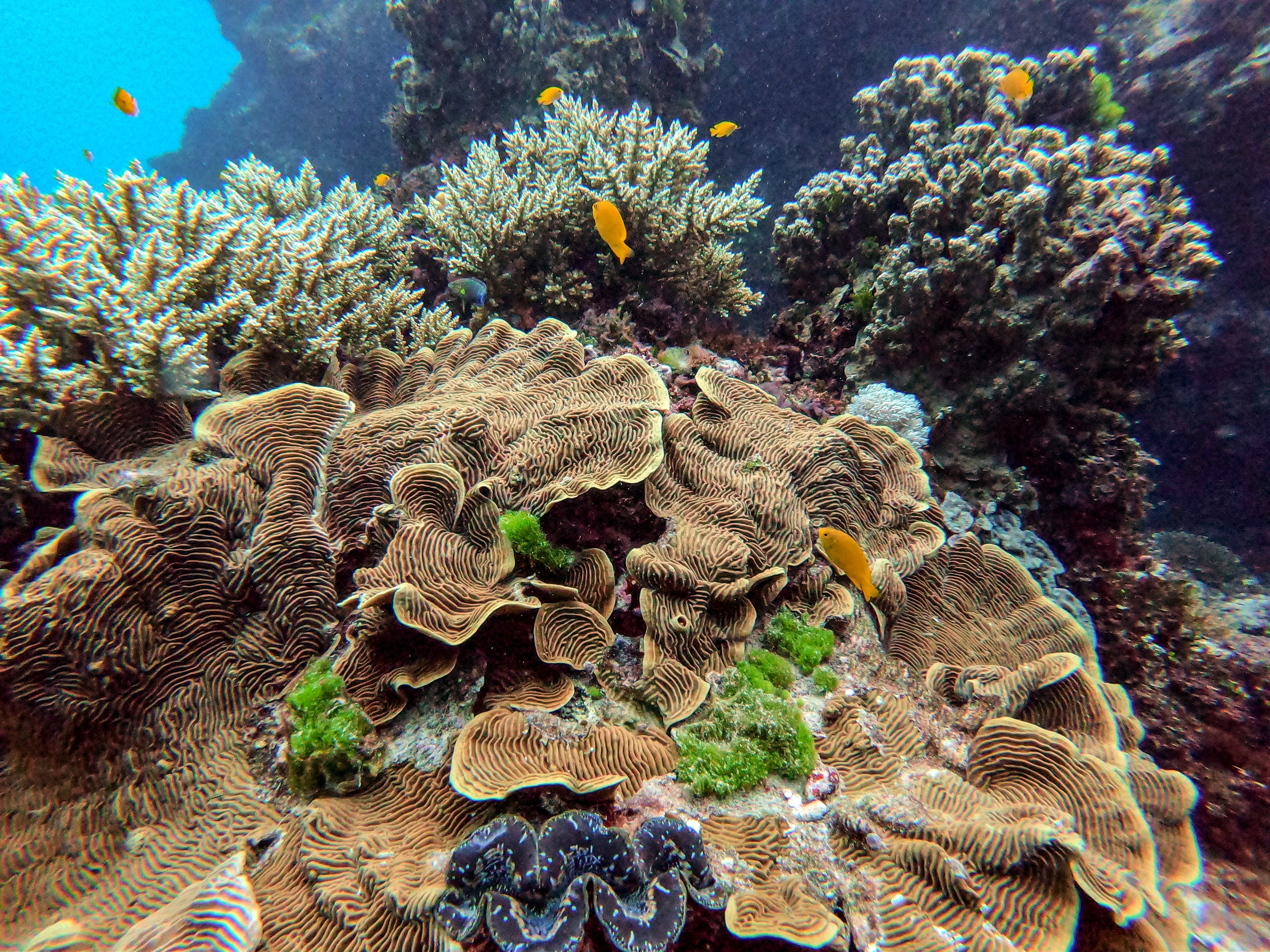
EXPERT REACTION: Great Barrier Reef to get a $204m boost
This morning Environment Minister Tanya Plibersek announced the Government will commit an additional $204 million to protect, manage and restore the Great Barrier Reef, bringing the total spend on the reef to $1.2 billion. According to Plibersek, $20 million will be dedicated to assist corals to evolve more quickly and adapt to their changing environment, as well as supporting natural restoration of damaged and degraded reefs, and a grant of $15.3 million will be provided to set up the new Coastal Marine Ecosystems Research Centre at the Central Queensland University in Gladstone. Below, Aussie experts chime in on the announcement.
Organisation/s: Australian Science Media Centre
News for:
Australia
Media contact details for this story are only visible to registered journalists.


Expert Reaction
These comments have been collated by the Science Media Centre to provide a variety of expert perspectives on this issue. Feel free to use these quotes in your stories. Views expressed are the personal opinions of the experts named. They do not represent the views of the SMC or any other organisation unless specifically stated.
Dr Alexandra Campbell is a Senior Lecturer of Bioscience in the Seaweed Research Group at the University of the Sunshine Coast